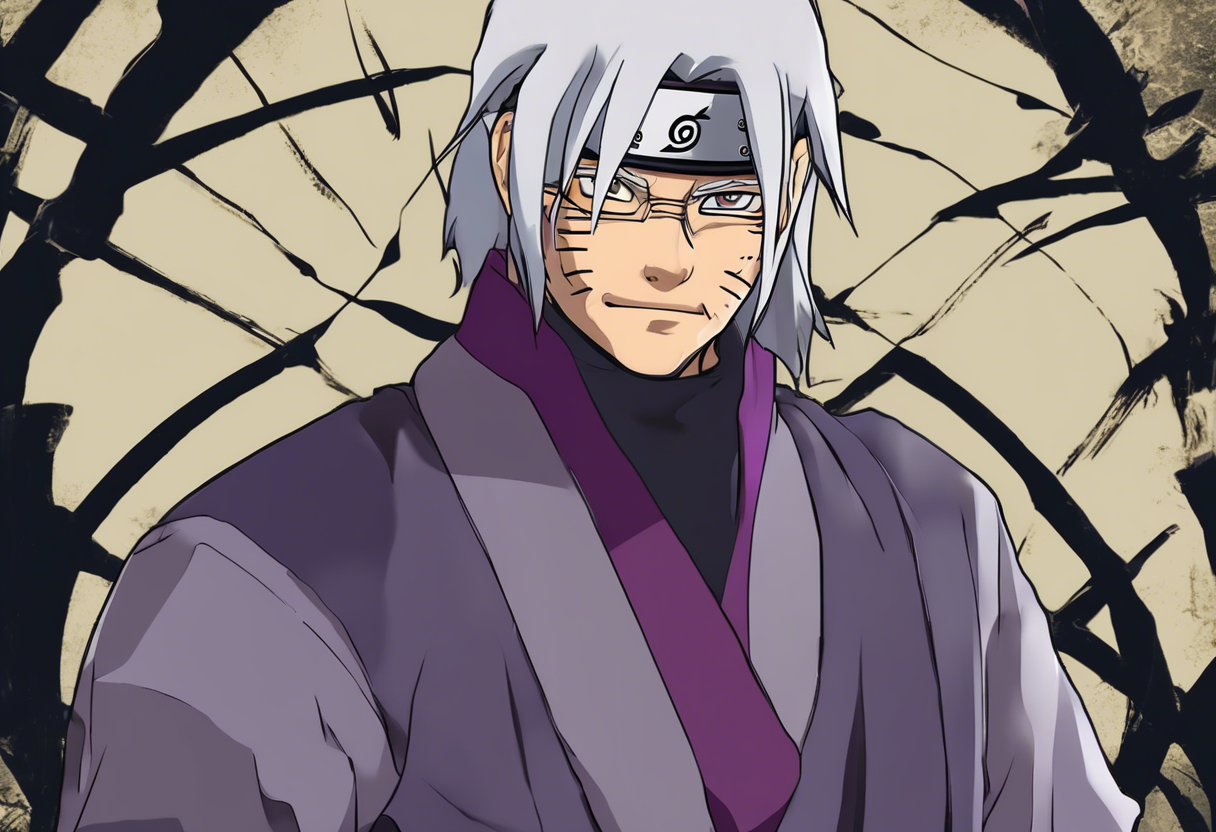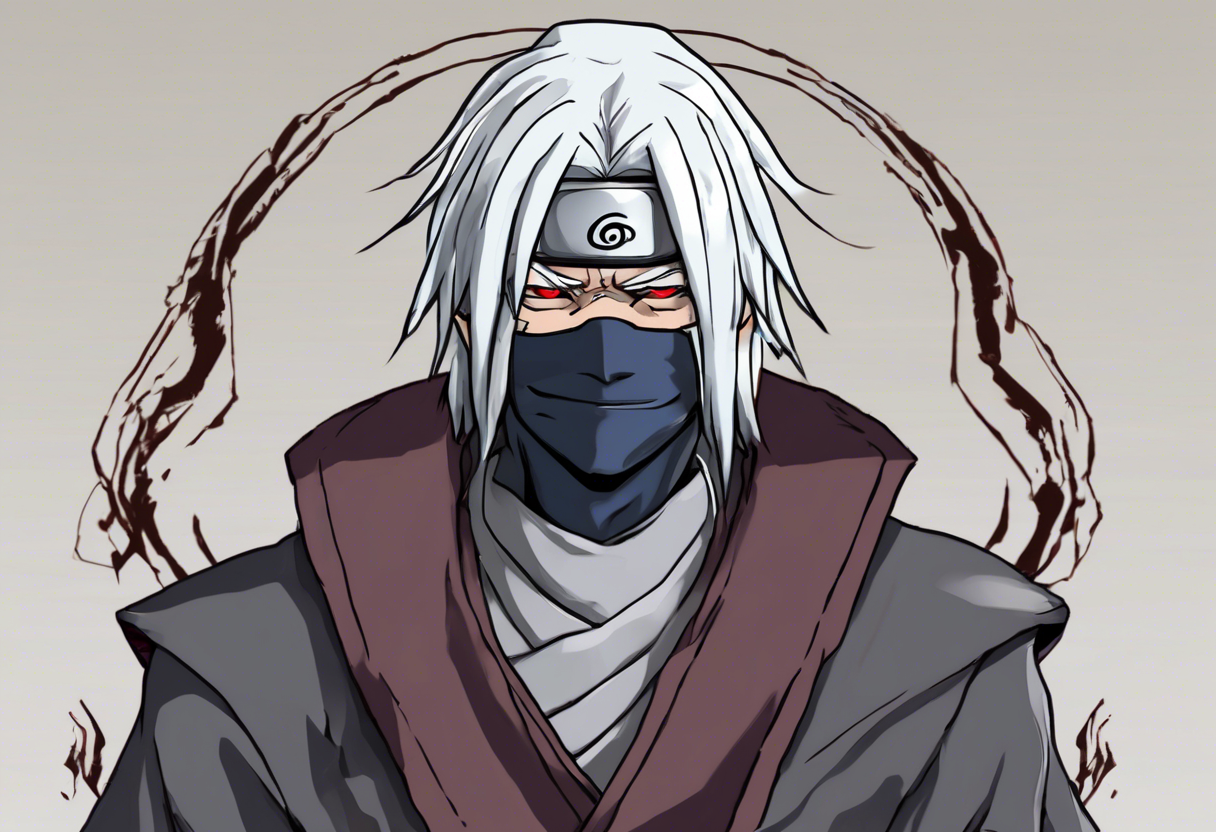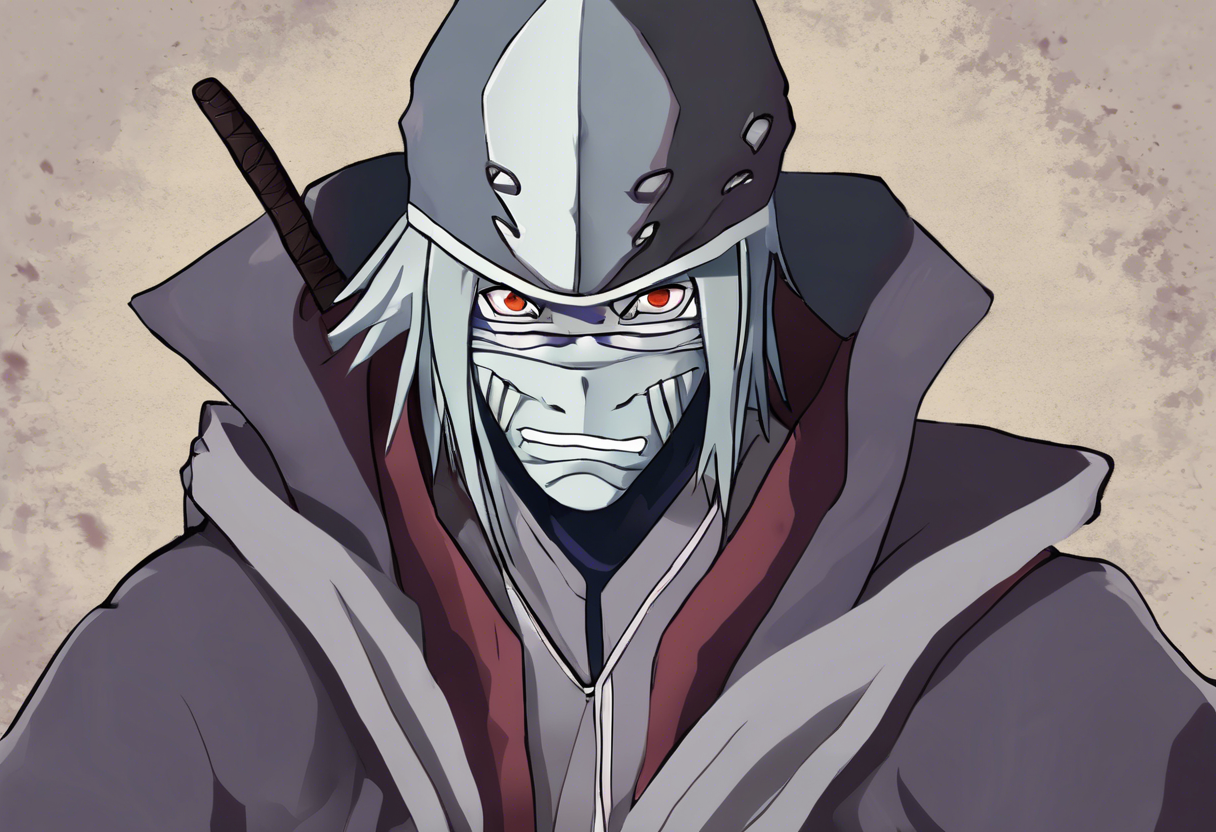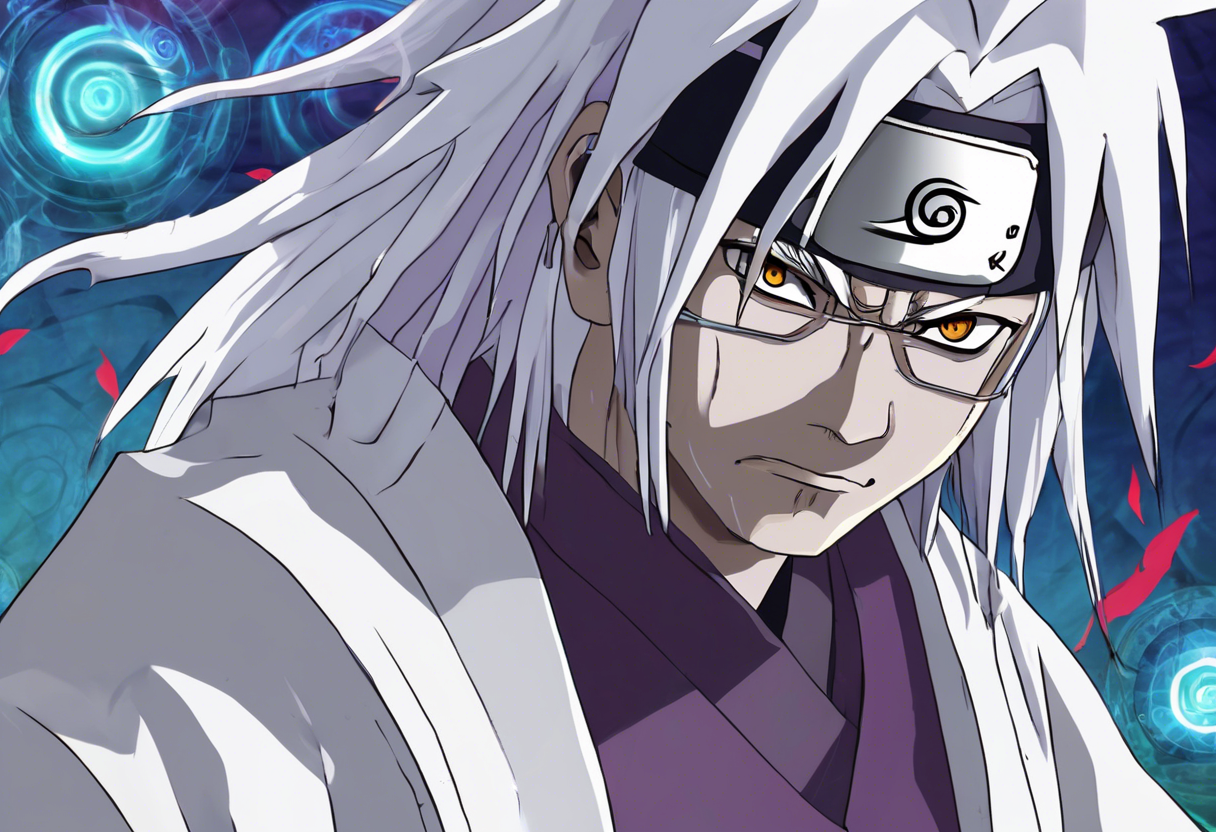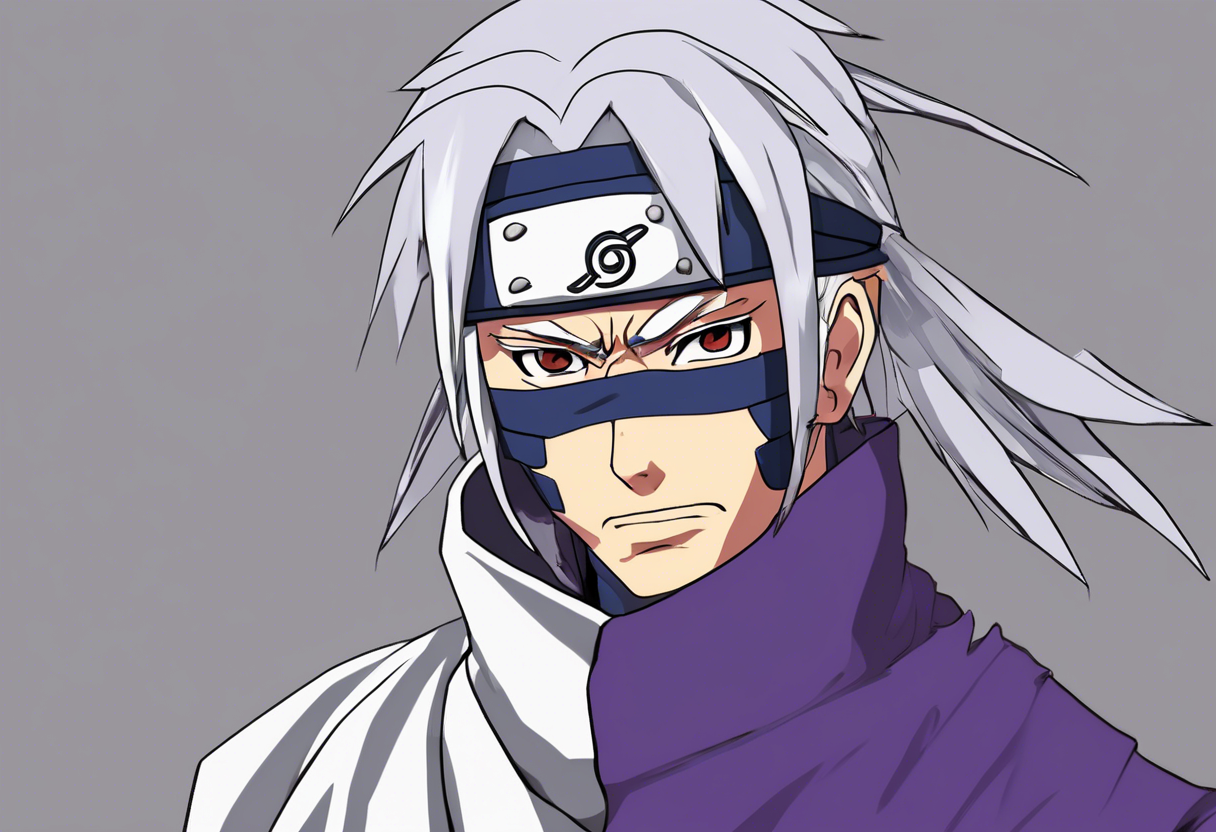Contents
Kabuto Yakushi: A Complex and Tragic Figure in the Naruto Universe
Introduction
Kabuto Yakushi is a pivotal and complex character in the Naruto anime and manga series created by Masashi Kishimoto. Found by Nonō Yakushi on the outskirts of a city after suffering a head injury that left him with no memory of his name or past, Kabuto was taken to the Konoha Orphanage where he began his journey[5].
Kabuto’s defining traits include his exceptional intelligence, mastery of medical ninjutsu, and his ability to manipulate and adapt to various situations. These traits, coupled with his tragic and tumultuous past, make him a deeply compelling and relatable character. Throughout the series, Kabuto plays a significant role, often walking the fine line between villainy and redemption, and his story intertwines with many of the main characters in profound ways.
Role in the Story
Kabuto’s storyline is marked by his early days in the Konoha Orphanage, where he was taught medical ninjutsu by Nonō Yakushi. He quickly demonstrated a natural talent for the shinobi arts and medical techniques, which would later become central to his character[2].
Kabuto’s journey takes a significant turn when he is taken under the wing of Orochimaru, a rogue ninja who promises him power and acceptance. Under Orochimaru’s guidance, Kabuto becomes a spy and infiltrator, gathering information for Orochimaru by participating in the biannual Chunin Exams and infiltrating other villages[1].
One of the most critical events in Kabuto’s life occurs when he is sent to infiltrate Iwagakure, where he is caught by an Iwagakure shinobi who turns out to be Nonō herself, brainwashed by Danzo to not recognize him. This encounter ends in tragedy, with Nonō’s death and Kabuto’s subsequent alignment with Orochimaru[2].
During the Fourth Shinobi World War, Kabuto becomes a key figure, using the Edo Tensei jutsu to revive legendary ninja, further complicating his role in the narrative. His relationship with Orochimaru evolves as he grafts Orochimaru’s remains onto his body, seeking to become stronger and independent[1].
Kabuto’s interactions with other characters, such as Naruto, Sasuke, and Itachi, are pivotal. He provides Naruto with crucial information about Akatsuki and later seeks to confront Naruto after mastering Orochimaru’s abilities. His partnership with Tobi and involvement in the war preparations also highlight his strategic and manipulative nature[1].
Character Analysis
Kabuto’s personality is a blend of intelligence, adaptability, and a deep-seated desire for acceptance and power. His empathetic nature, as seen in his ability to read and manipulate others’ emotions, is a key aspect of his character[3].
Kabuto’s motivations are driven by his tragic past and his need for validation. He craves the acceptance and love he was denied in his childhood, leading him to form complex and often tumultuous relationships with figures like Orochimaru and Nonō[2].
His strengths include his exceptional medical skills, strategic thinking, and the ability to learn and adapt quickly. However, his flaws, such as his jealousy and tendency to manipulate others, often lead him into conflict and moral ambiguity[3].
Throughout the series, Kabuto undergoes significant development, transitioning from a loyal but conflicted assistant to Orochimaru to a more independent and powerful figure. His journey is marked by moments of redemption, particularly when he renounces his past ways and returns to the Konohagakure orphanage to work and find a sense of purpose[2].
Themes and Symbolism
Kabuto Yakushi embodies several themes central to the Naruto series. One of the most prominent is the theme of identity and belonging. Kabuto’s search for his true identity and his desire to belong are recurring motifs, reflecting the broader human quest for self-discovery and acceptance[2].
The theme of power and its corrupting influence is also evident in Kabuto’s character. His pursuit of power and his willingness to do whatever it takes to achieve it highlight the dangers of ambition and the moral compromises that often accompany it[1].
Additionally, Kabuto’s story touches on the theme of redemption and the possibility of change. His eventual renunciation of his past actions and his return to a more positive path serve as a symbol of hope and the human capacity for growth and forgiveness[2].
Cultural Impact
Kabuto Yakushi has had a significant cultural impact, particularly within the anime and manga community. His complex character and multifaceted personality have made him a favorite among fans, who appreciate the depth and nuance he brings to the Naruto narrative[3].
In adaptations and spin-offs, Kabuto has been portrayed consistently with his character in the original series. His appearance in video games and other media has further solidified his place in popular culture, making him one of the most recognizable and intriguing characters in the Naruto universe[5].
Critical Reception
Critics and audiences have had varied interpretations of Kabuto Yakushi’s role in the series. Some have praised his complexity and the depth of his character development, while others have criticized his morally ambiguous actions and the inconsistencies in his character arc[3].
Despite these varying interpretations, Kabuto remains a compelling figure, and his story has been widely discussed and analyzed. His tragic past and his journey towards redemption have resonated with audiences, making him one of the most memorable characters in the series[2].
Legacy
Kabuto Yakushi’s enduring appeal lies in his multifaceted personality and the complex themes his character embodies. He has inspired other works and character archetypes, particularly in the realm of anime and manga, where complex villains and anti-heroes are increasingly popular[3].
In contemporary discussions, Kabuto’s character continues to be a subject of interest, particularly in the context of character development and the exploration of moral ambiguity. His story serves as a reminder of the human capacity for change and the importance of seeking redemption and forgiveness[2].
References
- https://wiki.sportskeeda.com/naruto/kabuto-yakushi
- https://gamerant.com/naruto-kabutos-tragic-past-explained/
- https://boo.world/database/profile/20462/kabuto-yakushi-personality-type
- https://store.comicave.com/en/pop-animation-naruto-kabuto-yakushi-by-funko.html
- http://moa.omnimulti.com/Kabuto_Yakushi

